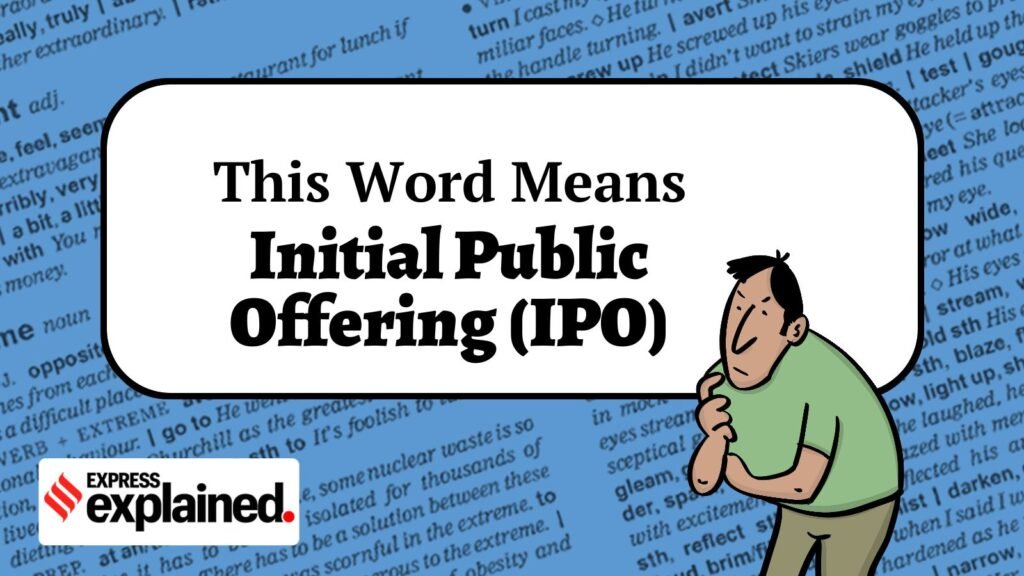OpenAI on Wednesday (May 28) indicated its openness to a potential future IPO, depending on the company’s own readiness as well as how public markets respond.
WHAT IS AN IPO?
IPO stands for Initial Public Offering. Put simply, it is the process by which a company goes public.
It refers to the process by which a privately held company, or a government-owned enterprise like LIC, raises funds by offering shares to the public or to new investors.
The IPO is the first step in the process of listing a company on the stock exchange.
HOW IS AN IPO LISTED?
In India, a company listing an IPO first has to file its offer document with the market regulator, Securities and Exchange Board of India (Sebi). The offer document contains all relevant information about the company, its promoters, its projects, financial details, the object of raising the money, terms of the issue, etc.
WHY LIST A COMPANY?
A company may opt to be listed on the stock exchange primarily to raise capital. It may also help diversify and broaden its shareholder base.
Story continues below this ad
The listing process mandates additional regular disclosures by companies, resulting in more stringent compliance requirements. This benefits the shareholders.
Listing also provides an exit to the company’s existing investors.
WHICH COMPANIES ARE ELIGIBLE FOR AN IPO?
In India, Sebi has mandated that companies need to meet the following criteria before approaching the public for funds:
- The company must have net tangible assets of at least Rs 3 crore and a net worth of Rs 1 crore in each of the preceding three full years.
- The company must have a minimum average pre-tax profit of Rs 15 crore in at least three of the immediately preceding five years.
WHO FIXES THE IPO SHARE PRICES?
Story continues below this ad
The price of the IPO per share is fixed by the issuer in consultation with the merchant banker. They arrive at the total valuation of the company based on parameters such as assets, revenues, profits, and future cash flow projections, and the total value of the company is then divided by the post-offer shares outstanding to arrive at the price of each share.
The market regulator, Sebi, does not play any role in price fixation.
WHO CAN INVEST IN AN IPO?
Anyone above the age of 18 years of age is eligible to become an investor. All one needs is a brokerage account to invest.
There are various categories of investors who can invest in an IPO.
Story continues below this ad
- Qualified institutional buyers (QIBs): A category of investors that includes foreign portfolio investors (FPIs), mutual funds, commercial banks, insurance companies, pension funds, etc.
- Retail investors: All individuals who invest up to Rs 2 lakh in an issue.
- High net worth individuals: Retail investors investing above Rs 2 lakh.


